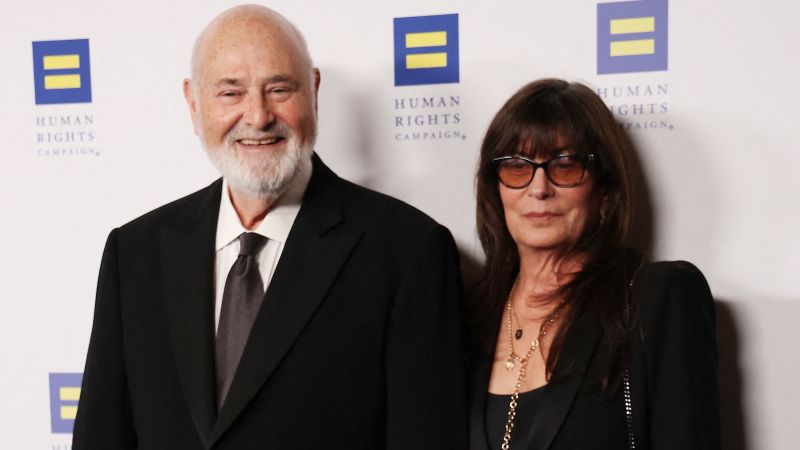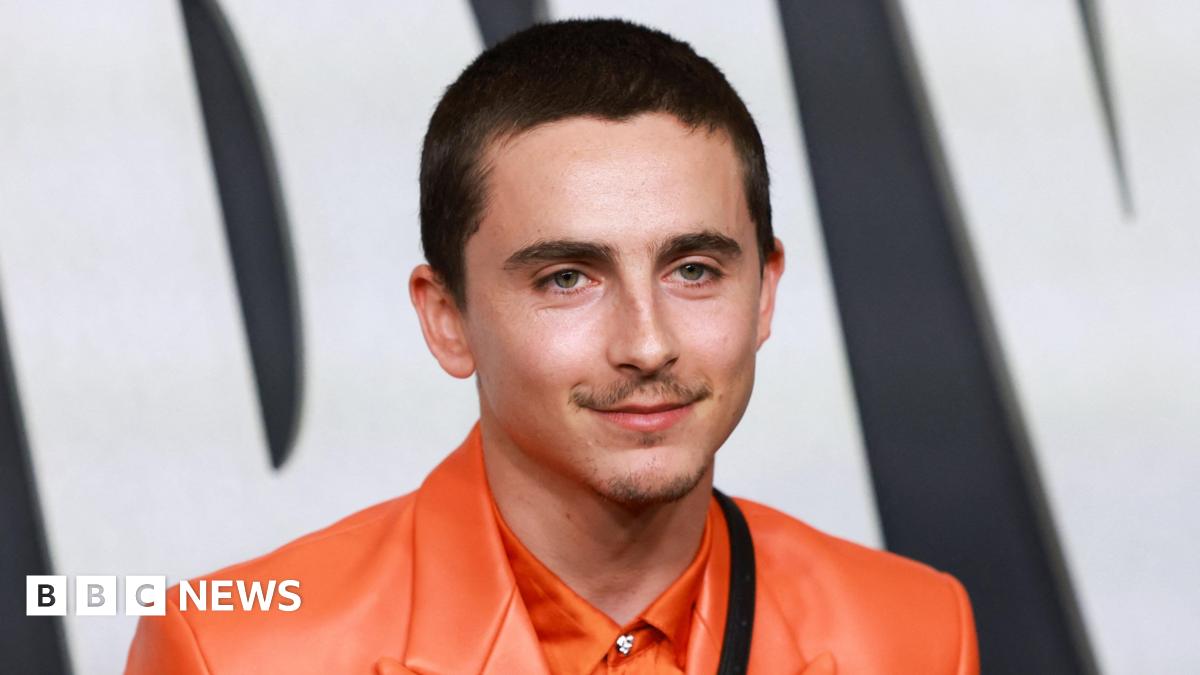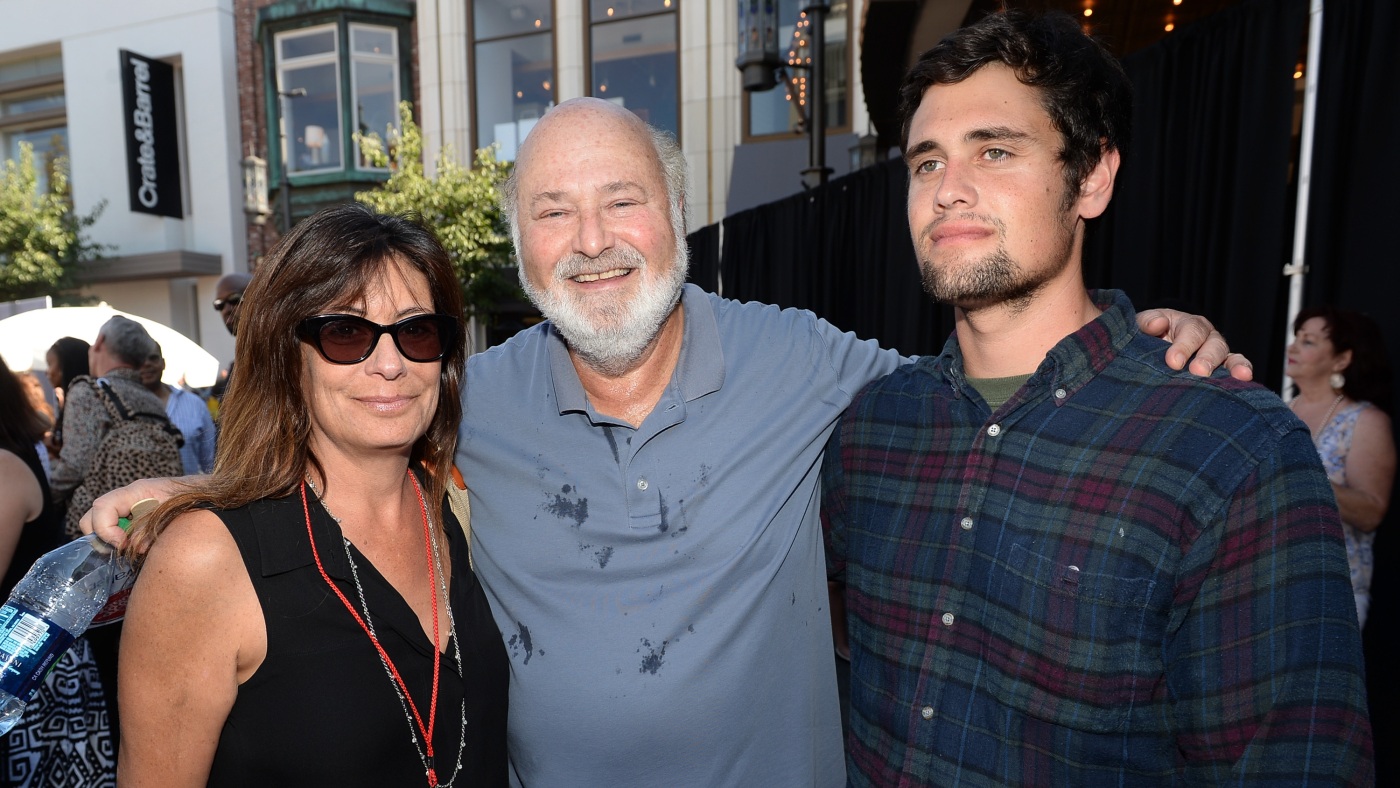When
-
Saturday, January 17, 2026 | 10:00 AM
Location
Downtown Orlando, 425 North Orange Avenue, Orlando, FL 32801 View Map
Downtown Orlando, 425 North Orange Avenue, Orlando, FL 32801 View Map

AZUSA, Calif. — Azusa Pacific has officially announced the 2026 baseball schedule, revealing a rigorous slate…

Officials just provided new details on the death investigation of Hollywood director Rob Reiner and his wife, producer Michele Singer Reiner.
…

This is the last standard events round-up of the year, and covers The Town happenings through Dec. 26. Stay tuned for The Oaklandside’s special New Year’s Eve events round-up that will have lots of options for ringing in 2026…
A pair of Frost School of Music alumni made it to the winner’s circle in this year’s Suncoast Regional Emmy Awards. Alberto Bade won for his hosting role on MDC-TV’s “Video Game Concert…


Many parents are aware posting photos of their children online comes with risk.
Harms can range from unpleasant to dangerous, including images being “manipulated for evil” or those breaching a child’s consent.
Joanne Orlando, a digital wellbeing…

One thing that is totally clear, is his love of the big screen.
In the same month that Netflix has announced its intention to buy one of the major film studios, Warner Bros, Marty Supreme is a film which will have a wide cinema release and has not…

WHAT‘S HAPPENING

Michele Singer Reiner, Rob Reiner and their son Nick in 2013.
…